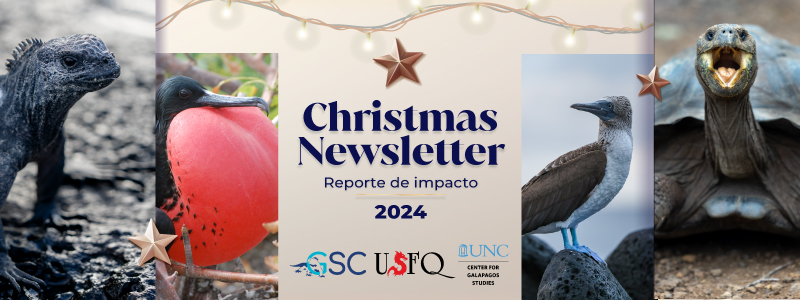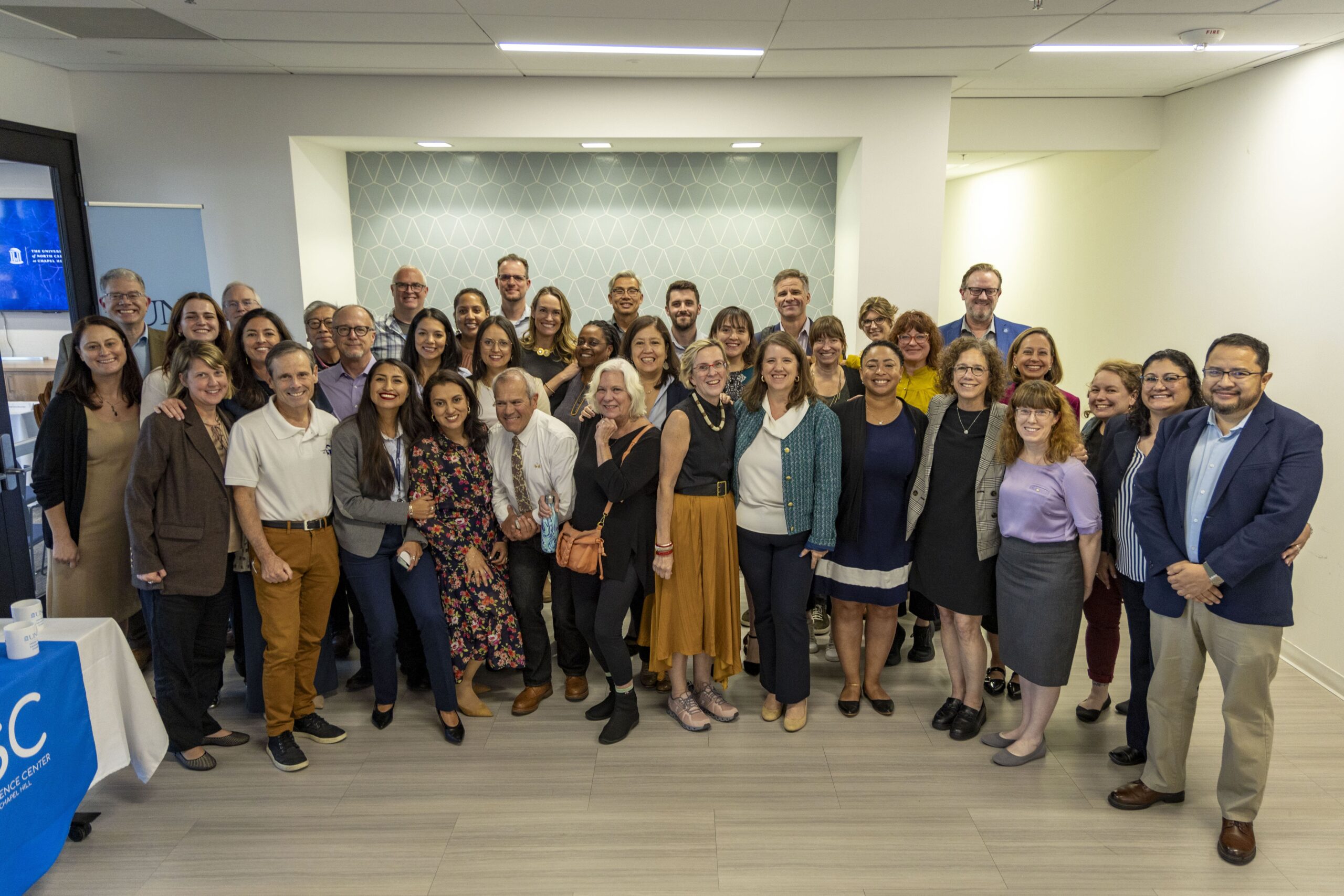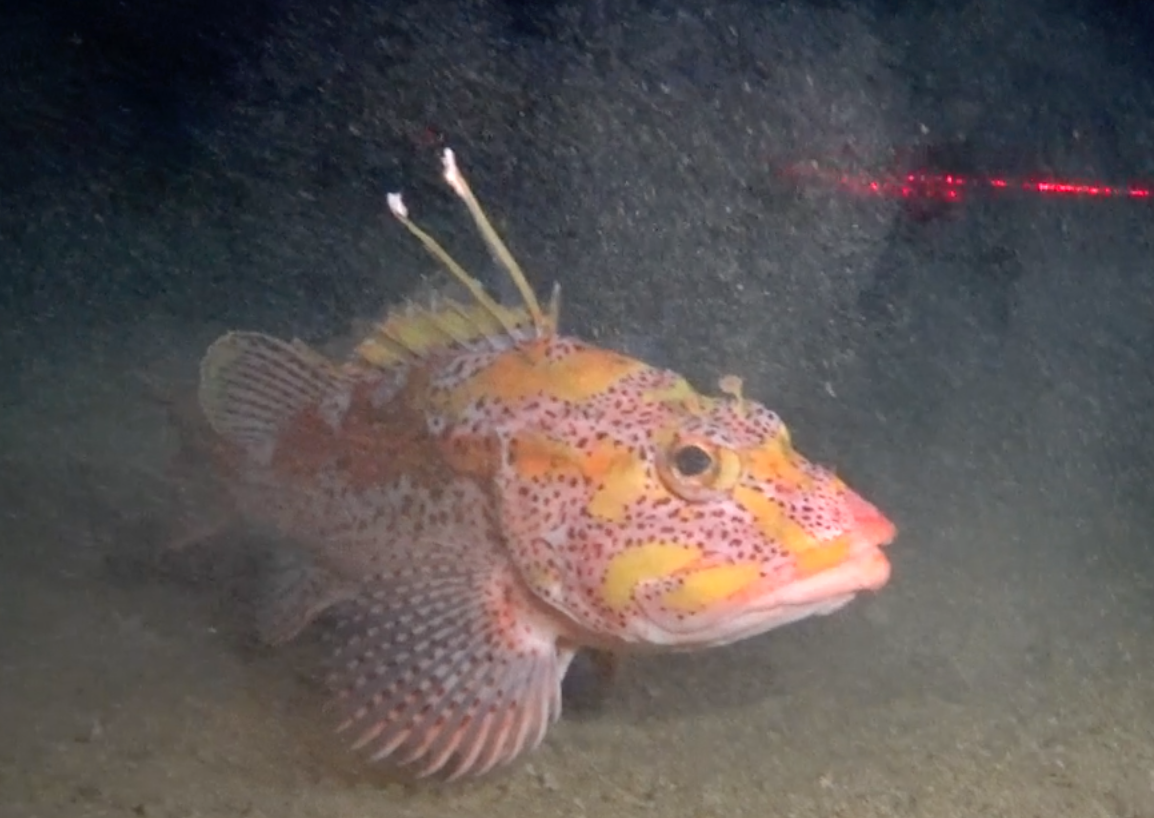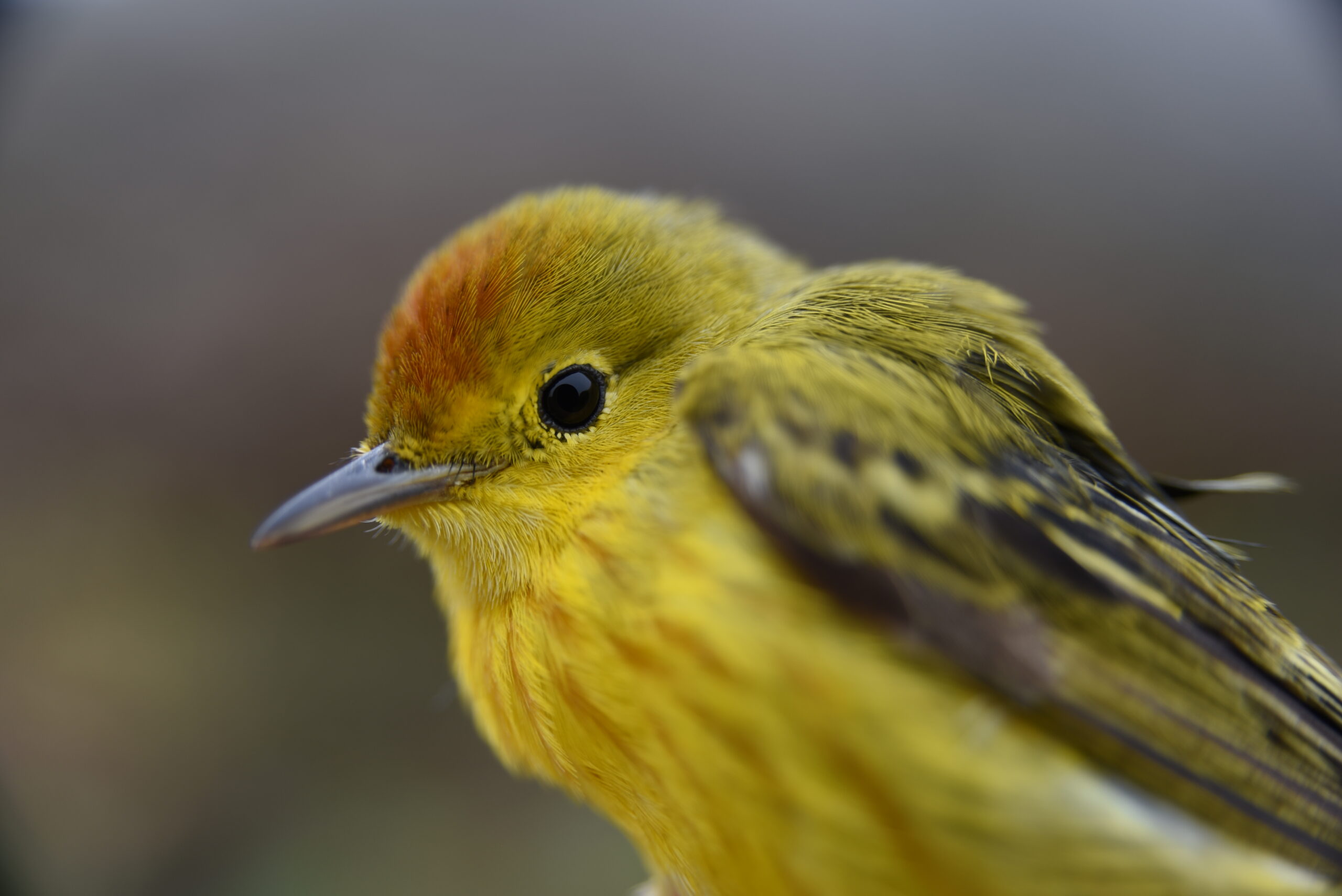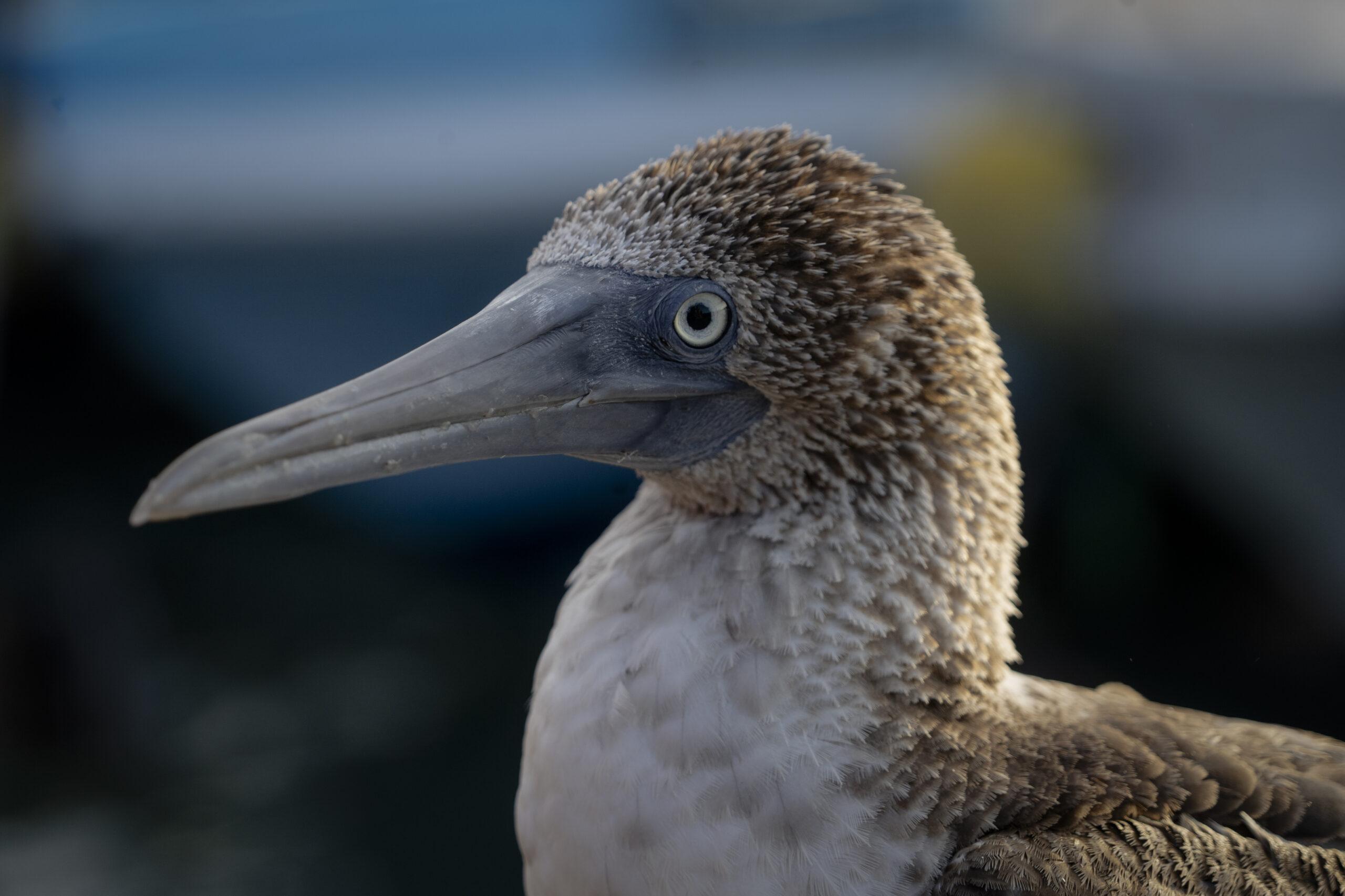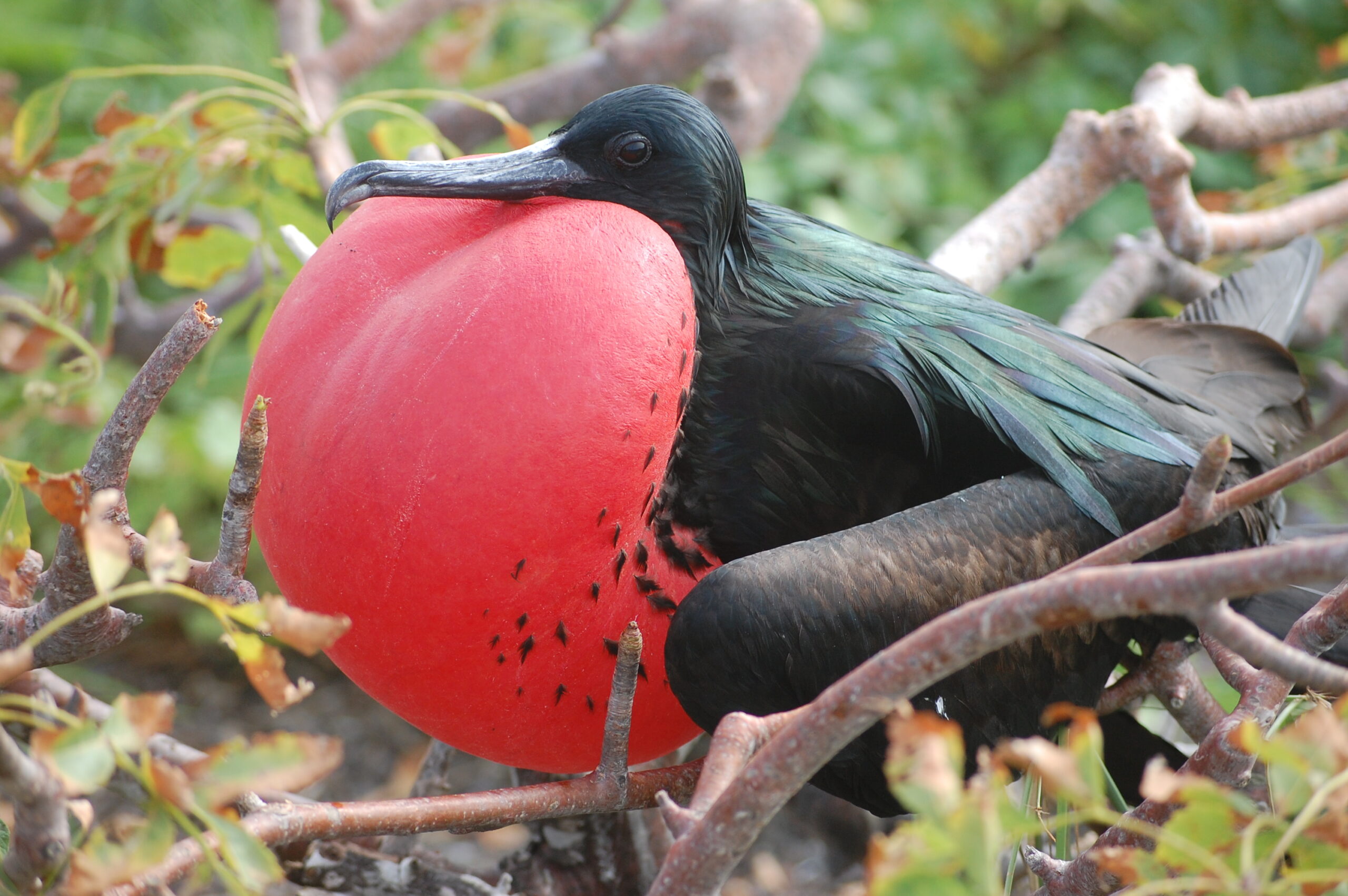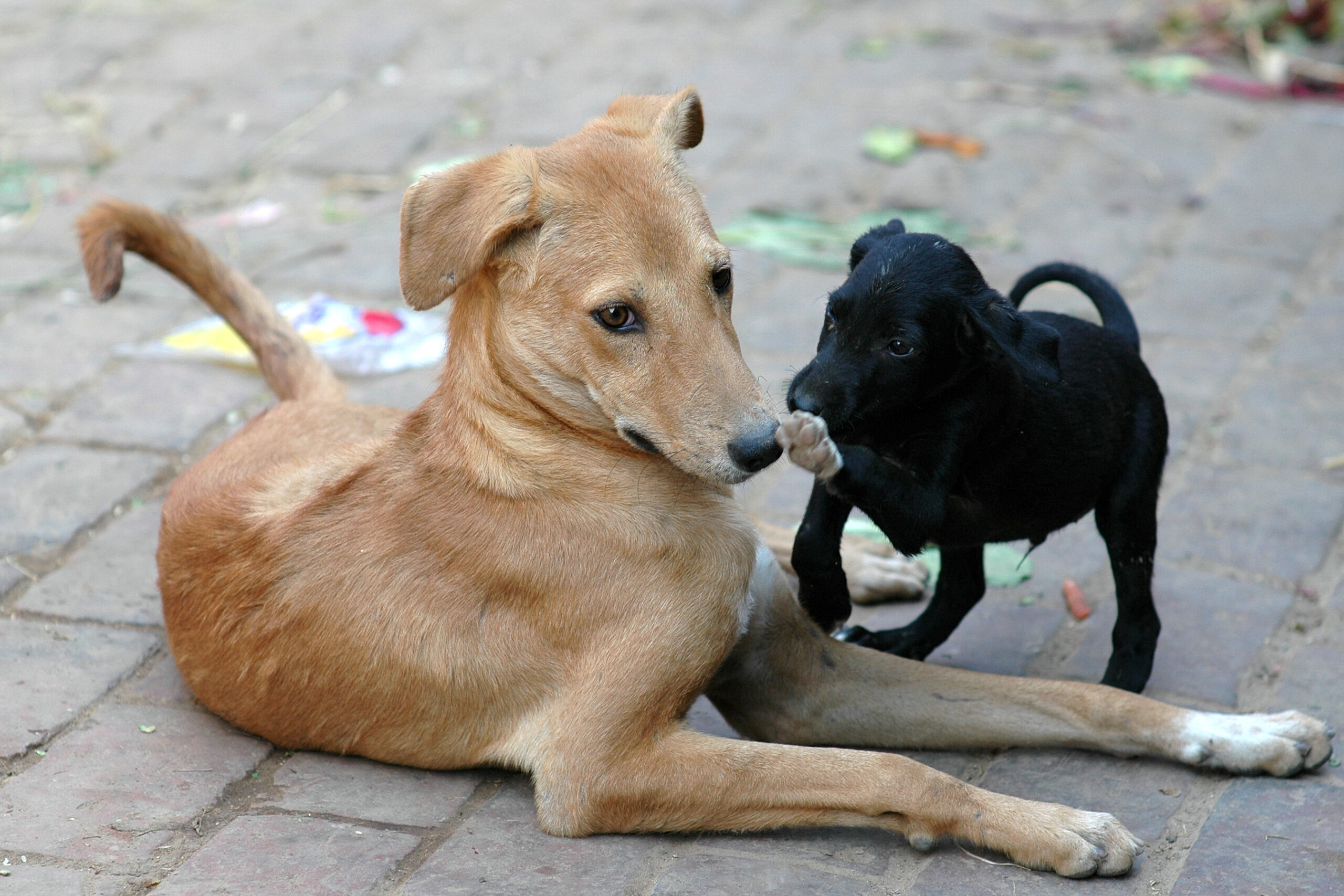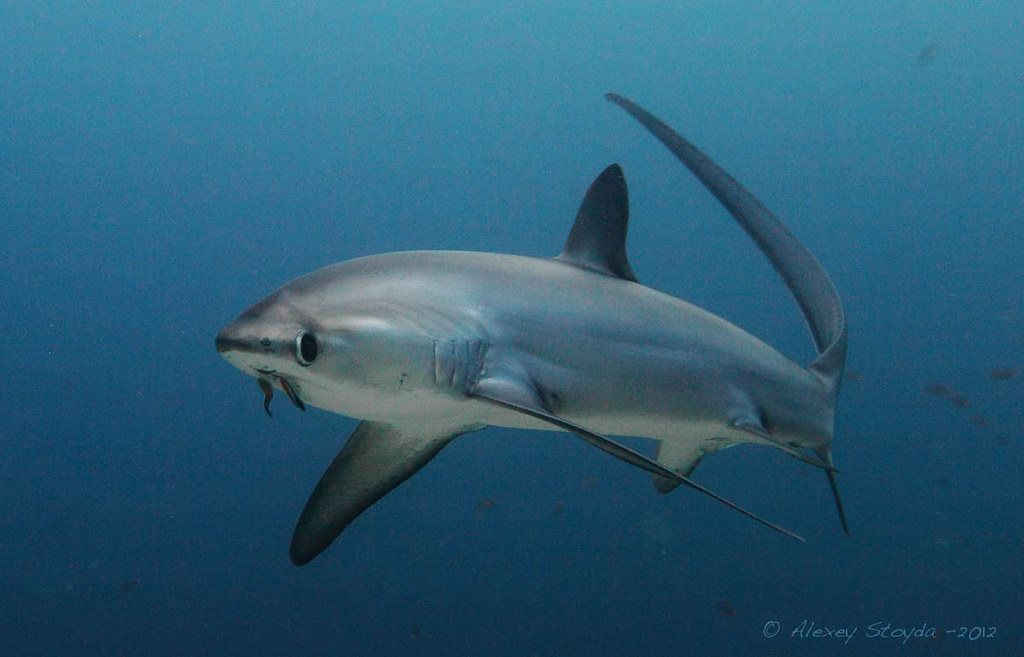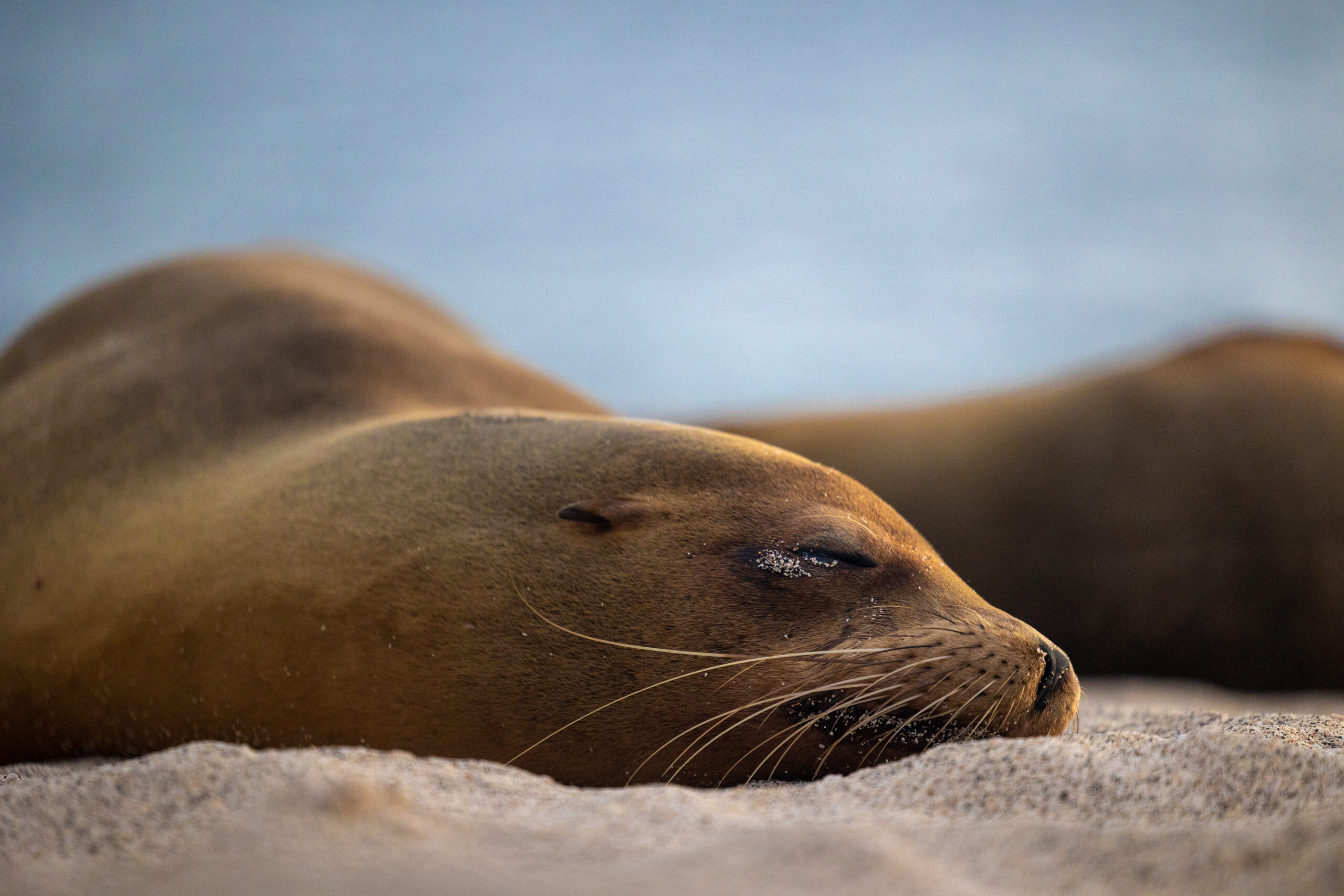
Efecto de “El Niño” en las iguanas marinas: Un estudio para comprender su impacto
Capitán Darwin es una ONG dedicada a documentar los cambios ambientales y de biodiversidad en los lugares visitados por el mundialmente famoso naturalista Charles Darwin durante su viaje en el HMS Beagle hace 189 años. Esta ONG proporciona apoyo logístico, mediante el uso de su embarcación, a los investigadores locales en cada parada del histórico viaje de Darwin.

